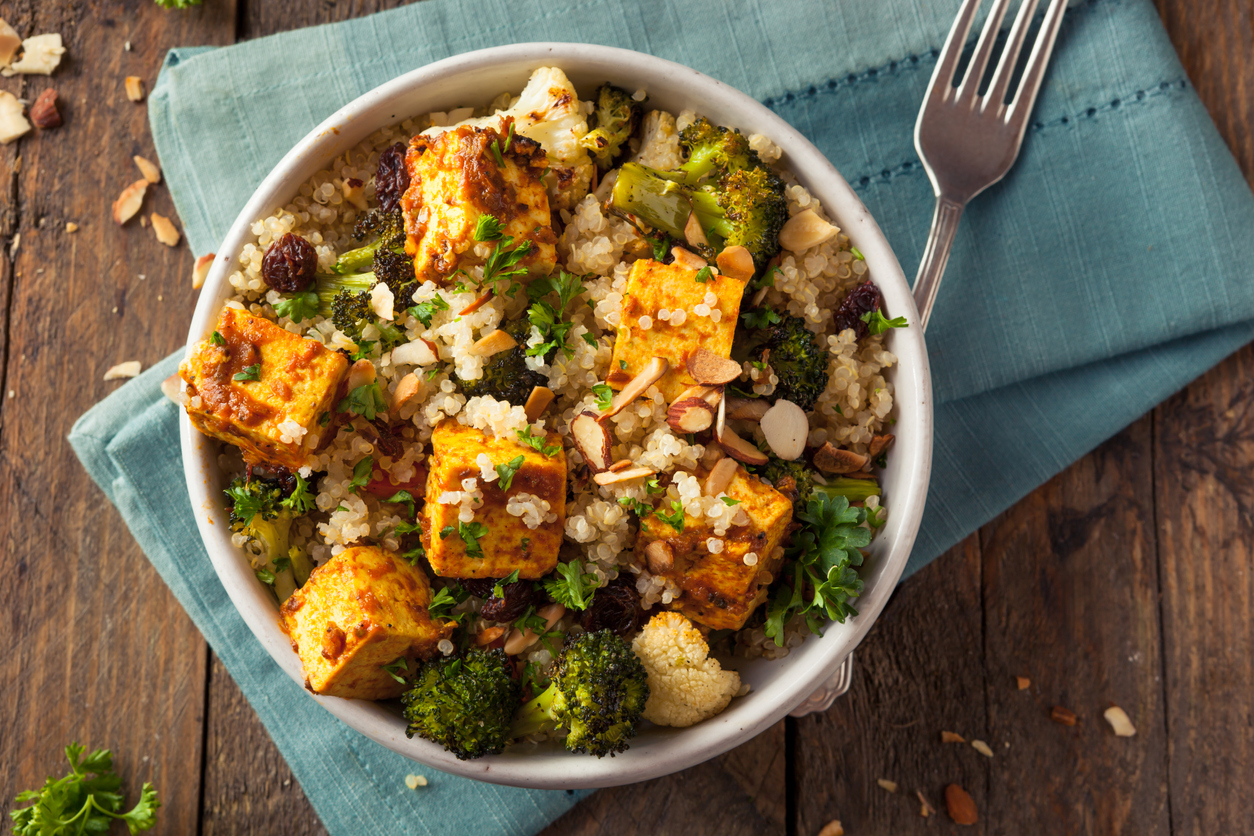As women transition into midlife, their nutritional needs undergo significant changes. Among the essential macronutrients, protein plays a pivotal role in supporting overall health and addressing specific concerns that arise during this stage of life. Understanding the significance of protein intake and meeting the recommended requirements can contribute to better health outcomes and improved quality of life for women in midlife.
Why Protein Matters
Protein serves as the building blocks of life, playing crucial roles in maintaining and repairing tissues, supporting immune function, and regulating hormones. In midlife, women may experience a decline in muscle mass and bone density, making adequate protein intake even more critical for preserving muscle mass, bone health, and overall vitality.
Recommended Protein Intake
The Recommended Dietary Allowance (RDA) for protein is 0.8 grams per kilogram of body weight per day for adults. However, some research suggests that older adults may benefit from slightly higher protein intake to support muscle health and prevent age-related muscle loss. For women in midlife, aiming for 1.0 to 1.2 grams of protein per kilogram of body weight per day may be more beneficial.
My recommendations for women are around .8 grams of protein per pound of body weight. Besides weight, protein needs are also contingent on activity level. If you are a fairly sedentary woman, you may need less protein and can factor in .6 grams per pound of body weight. More active and you can calculate 1 gram per pound of body weight.
Meeting Protein Needs
Achieving optimal protein intake can be accomplished through a balanced diet that includes a variety of protein sources including animal and plant-based types of protein. Incorporating lean meats, poultry, fish, eggs, dairy products, legumes, nuts, seeds, soy products, and whole grains can help diversify protein intake while providing essential nutrients.
Animal sources of protein give you more protein in a serving, along with vitamin B12, yet do contain saturated fats. Plant-based proteins may be healthier for you yet don’t contain as much protein as animal sources. A balance of the two is usually your best bet.
Timing Your Protein
Distributing protein intake evenly throughout the day can enhance muscle protein synthesis and promote satiety. Aim to include a source of protein at each meal and snack to support muscle maintenance, repair, and overall energy levels. Additionally, consuming protein-rich foods post-exercise can aid in muscle recovery.
Quality Over Quantity
While meeting protein requirements is important, focusing on the quality and type of protein sources is equally crucial. Prioritize lean animal proteins that are low in saturated fat and rich in essential amino acids. Opt for plant-based food sources of protein whenever possible, recognizing that most plant-based protein is incomplete, meaning you will need to combine two sources to make sure you get all the essential amino acids. For example black beans with brown rice.
Also, keep in mind that there are some complete sources of protein from plants – soy products such as tofu, tempeh or edamame, quinoa, buckwheat, and hemp seeds are all complete proteins.
Considerations for Vegetarians and Vegans
Vegetarian and vegan women can meet their protein needs by incorporating a variety of plant-based protein sources into their diets. Combining complementary protein sources, such as grains and legumes, can enhance the overall quality of protein intake. Additionally, incorporating fortified foods and plant-based protein supplements can help ensure adequate protein intake.
Be sure to remember that if you do eat a vegan diet (no animal protein) you will need to take a vitamin B12 supplement. B12 is not found in plant-based sources of protein.
Consultation with a Nutritionist
Individual protein needs may vary based on factors such as age, activity level, muscle mass, and health status. Consulting with a qualified nutritionist can provide personalized guidance on protein intake and help develop a nutrition plan tailored to individual needs and preferences.
Links to Help Figure Out Protein
On the Real Foods Stories Podcast, I mentioned a few links I would add to the blog to help you get your protein requirements each day.
The Protein Food Chart shows you how much protein is in many common plant and animal-based protein sources
The Portion Size Cheat Sheet shows you how you can use your hands to help figure out the servings of foods
Check out my Sample Meal Plan for a 1600-calorie, 100 grams of protein day
RECIPES! Check out some of my recipes with Tofu (a fantastic complete protein!) HERE
A protein-rich dessert? Yes Please! Click HERE for my Chickpea Peanut Butter Blondies
Protein plays a vital role in supporting overall health and well-being for women in midlife. By understanding the importance of protein intake, meeting recommended requirements and selecting quality protein sources, women can optimize their nutrition and thrive during this stage of life. Prioritizing protein-rich foods as part of a balanced diet can contribute to enhanced muscle health, improved bone density, and overall vitality in midlife and beyond.



